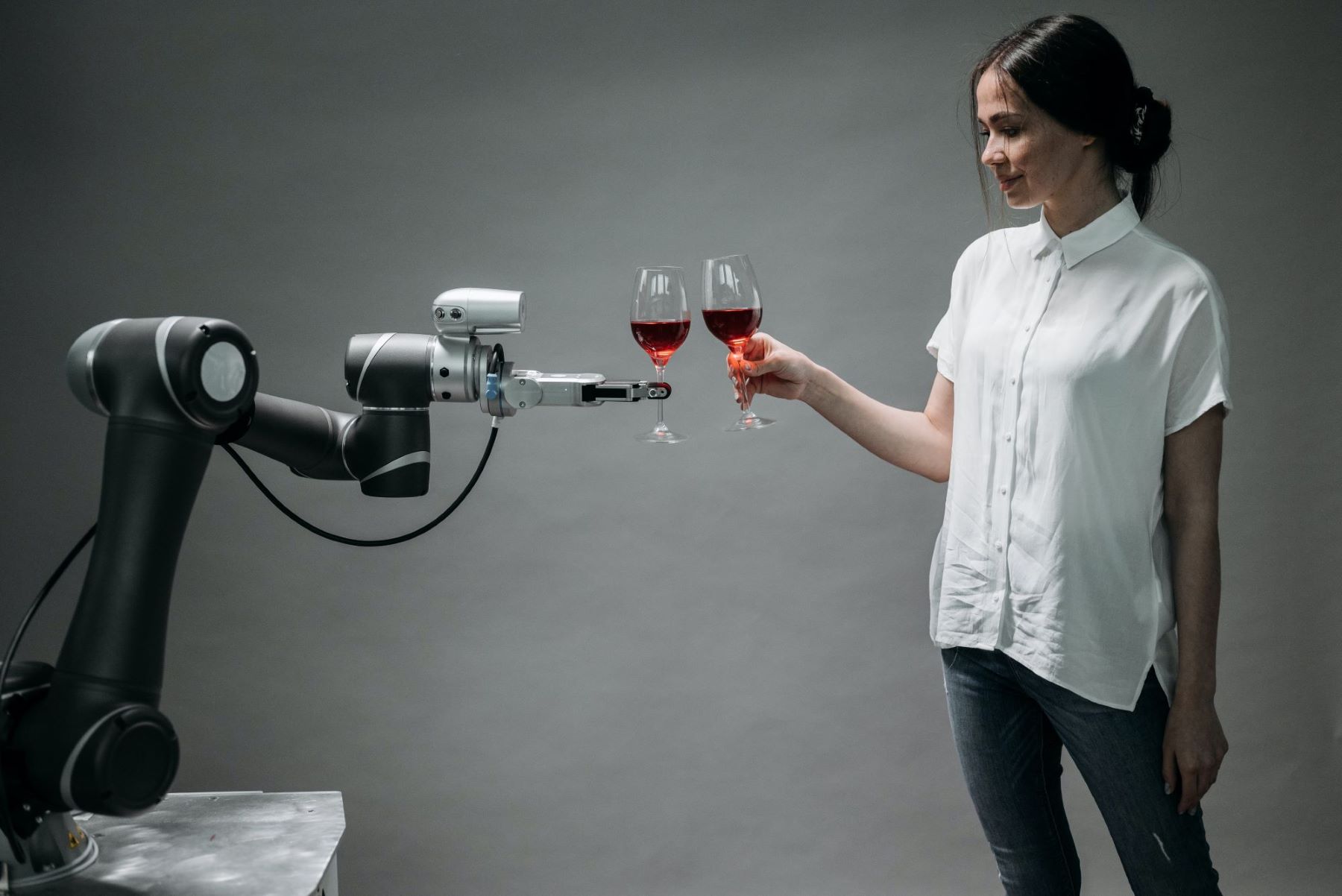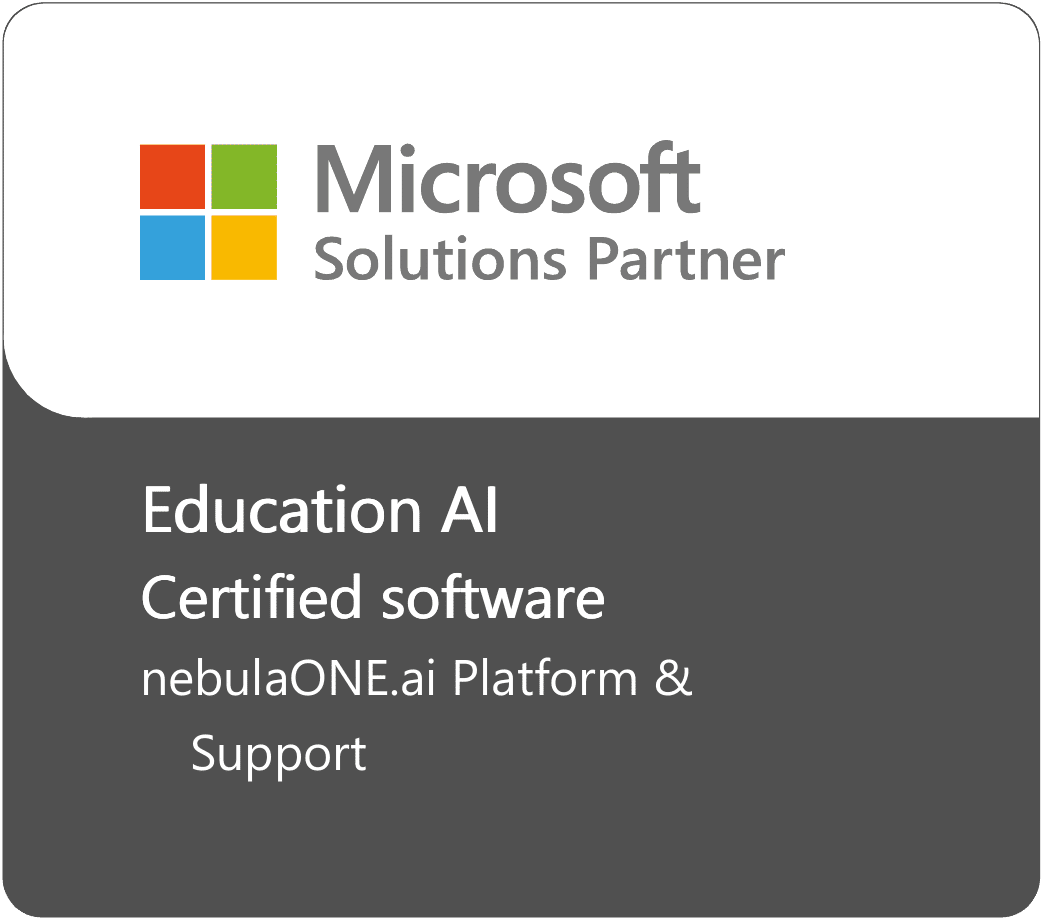In the evolving landscape of AI technology, the possibilities are endless, but so are the challenges. As showcased during the Microsoft Build conference, building a secure and diverse AI ecosystem is essential for unlocking the full potential of AI. We will dive into Microsoft and Intel’s efforts to create an open and inclusive environment for AI development and collaboration through cutting-edge tools and frameworks, ensuring data security, tackling vast volumes of information, and championing diversity in AI applications. Join us as we explore the benefits of a diverse and secure AI ecosystem for innovation and societal impact.
Data Security: The Foundation of a Secure AI Ecosystem
Data security lies at the heart of building a trustworthy AI ecosystem. Microsoft understands the important role of trust and has developed strategies and technologies that guarantee data security. Microsoft offers a suite of tools to protect sensitive data. One of the innovative tools presented at the conference was Azure confidential computing, which uses advanced encryption techniques and secure protocols to protect sensitive data. With Azure confidential computing, organizations can confidently share data, knowing that it remains safeguarded from unauthorized access and potential breaches. By prioritizing data security, organizations can build a foundation of trust that enables collaboration and drives innovation within the AI ecosystem.
Handling Massive Data Volumes: Taming the AI Data Avalanche
As AI’s appetite for data grows exponentially, so does the challenge of handling vast volumes of information. The Microsoft Build conference revealed groundbreaking techniques designed to conquer the colossal data mountains. From distributed computing frameworks to cloud-based storage and advanced data processing algorithms, Microsoft equips organizations with an array of powerful tools. By effectively managing and processing vast amounts of information, organizations can unlock valuable insights and drive innovation within the AI ecosystem without compromising security or performance.
Promoting Diversity in AI: Unleashing the Power of Inclusive Data
One of the critical aspects of AI advancement is the diversity and inclusivity of the datasets used in training models. Microsoft understands the importance of diverse data and the implications of biased or incomplete datasets. At the conference, Microsoft showcased tools and frameworks that facilitate the collection, labeling, and annotation of comprehensive datasets. For instance, Microsoft Azure Machine Learning includes capabilities like Fairlearn, a toolkit that helps mitigate biases in AI models. Microsoft empowers AI models to make fair, unbiased, and accurate predictions across a wide range of use cases. By promoting diversity, organizations can train AI models that better represent the real-world populations they aim to serve. This inclusive approach enhances the reliability and societal impact of AI applications, fostering innovation that benefits all.
A secure and diverse AI ecosystem brings numerous benefits for organizations and society as a whole. By prioritizing data security, organizations can build trust among stakeholders and foster collaborations that drive innovation. Handling large volumes of data efficiently enables organizations to extract meaningful insights and make informed decisions. Embracing diversity ensures that AI applications are fair, unbiased, and inclusive, leading to more accurate predictions.
Microsoft is spearheading the development of an inclusive and trustworthy AI ecosystem. Through their visionary strategies, advanced technologies, and unwavering commitment to trust and inclusivity, Microsoft is revolutionizing the landscape of AI development and collaboration. As organizations embrace these principles, they can foster collaboration, drive innovation, and make a positive societal impact.

 by
by 


































